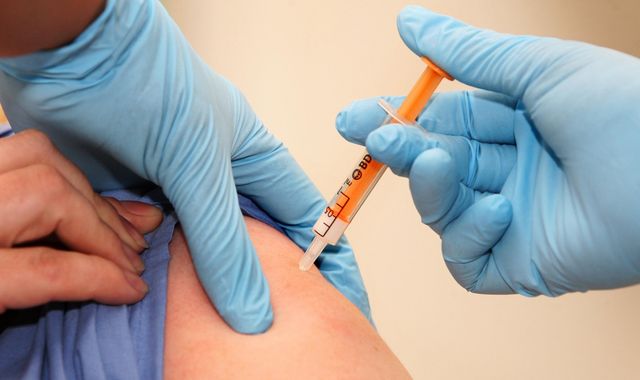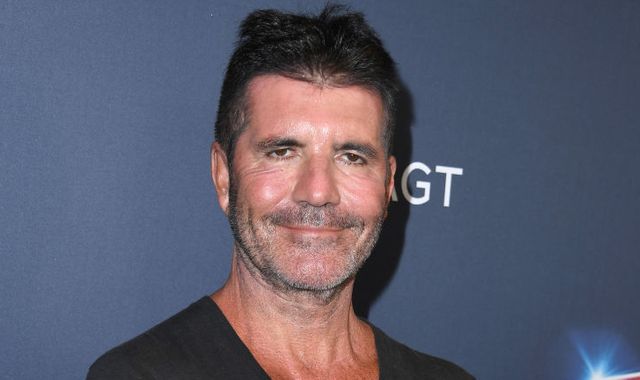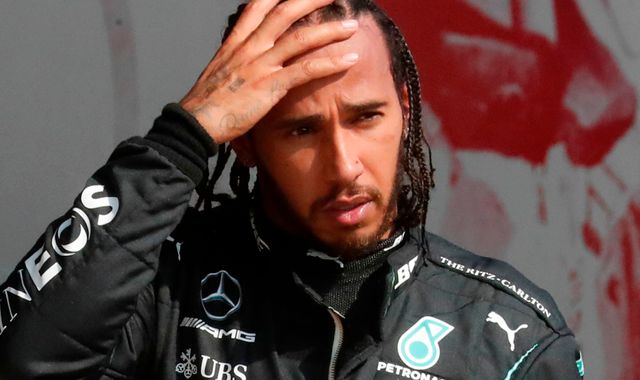Why do some people still refuse vaccinations?
Written by News on 09/08/2020
Scientists around the world are racing to develop a vaccine against coronavirus.

But figures from a new poll show that just over half of the UK would get immunised to protect them from the virus.
Researchers at King’s College London (KCL) and Ipsos Mori found only 53% of Britons would be certain or very likely to get vaccinated against COVID-19, with one in six (16%) saying they would definitely not or it would be very unlikely.
But scientists have said repeatedly that vaccines have never been safer or more effective, so why – amid this coronavirus pandemic – do some people still refuse to trust them?
When and why did people stop vaccinating?
In 1998, a study by British doctor Andrew Wakefield was published in The Lancet linking the MMR vaccine to autism.
The study was discredited, but not before causing mass hysteria over the safety of the vaccine after the study received global media coverage.
MMR immunisations in the UK fell to about 80% nationally in the late 1990s and early 2000s and took many years to recover.
In 2006, measles transmission became re-established in the UK, and in 2007, cases of measles exceeded 1,000 for the first time in 10 years.
The Lancet retracted Wakefield’s study in 2010, and he was struck off the UK medical register after being found guilty of dishonesty, the “abuse” of developmentally delayed children by giving them unnecessary and invasive medical procedures, and acting without ethical approval of his research.
So why is the anti-vax movement still thriving?
Last year, the World Health Organisation identified “vaccine hesitancy” as one of the top 10 health threats to the world.
Much of the scepticism around vaccination stems from Wakefield’s discredited study.
But in the age of fake news, several claims have been proliferating on the internet, frightening thousands of parents into preventing their children from receiving their jabs.
People also cite religious reasons for opting out of vaccinations, as well as philosophical reasons.
There is also growing doubt and reluctance to trust large pharmaceutical companies, as more people believe they seek to only profit from drugs and don’t care about public health.
A combination of these factors, along with the ease with which these opinions can be shared and spread online, have made people increasingly sceptical and fearful about whether vaccinations are safe, and in the public’s best interest.
However, vaccinations are proven to prevent potentially deadly diseases.
Dr Ellie Cannon told Sky News: “Vaccinations protect our children from fatal illnesses that thankfully we don’t have to worry about any more like diphtheria and whooping cough.
“COVID-19 has reminded us starkly what a world without vaccination looks like: why would anyone choose that life? – where hand washing and isolation is our only defence.”
Could conspiracy theories curb the uptake of a COVID-19 vaccine?
Conspiracy theories about COVID-19 have been circulating since the start of the pandemic.
One baseless theory, which has been dismissed by Microsoft co-founder Bill Gates as “stupid”, is that the outbreak is a cover for him to plant microchips in billions of people to track their movements.
Another is that the pandemic is a hoax, and a ploy by pharmaceutical companies to sell a vaccine.
Yes, whichever firm develops a vaccine is likely to profit from its success, but there is no evidence to support the theory the pandemic has been made up.
One which has also raged on through the pandemic – and has led to arrests over arson attacks – was that the deployment of 5G radio antennas was linked to the spread of the virus.
The Centre for Countering Digital Hate said previous polling results on the uptake of a potential COVID-19 vaccine came amid a dramatic rise in the popularity of anti-vaccine social media pages and channels, with 7.7 million more social media users following such accounts since the outbreak of coronavirus.
Members of the public who relied on social media more than traditional platforms for information were less likely to say they would get vaccinated, its survey suggested.
With scientists predicting that more than three-quarters of the population would need to be vaccinated in order to have success in suppressing coronavirus, the findings could represent a threat to the ability to contain COVID-19.
(c) Sky News 2020: Why do some people still refuse vaccinations?







